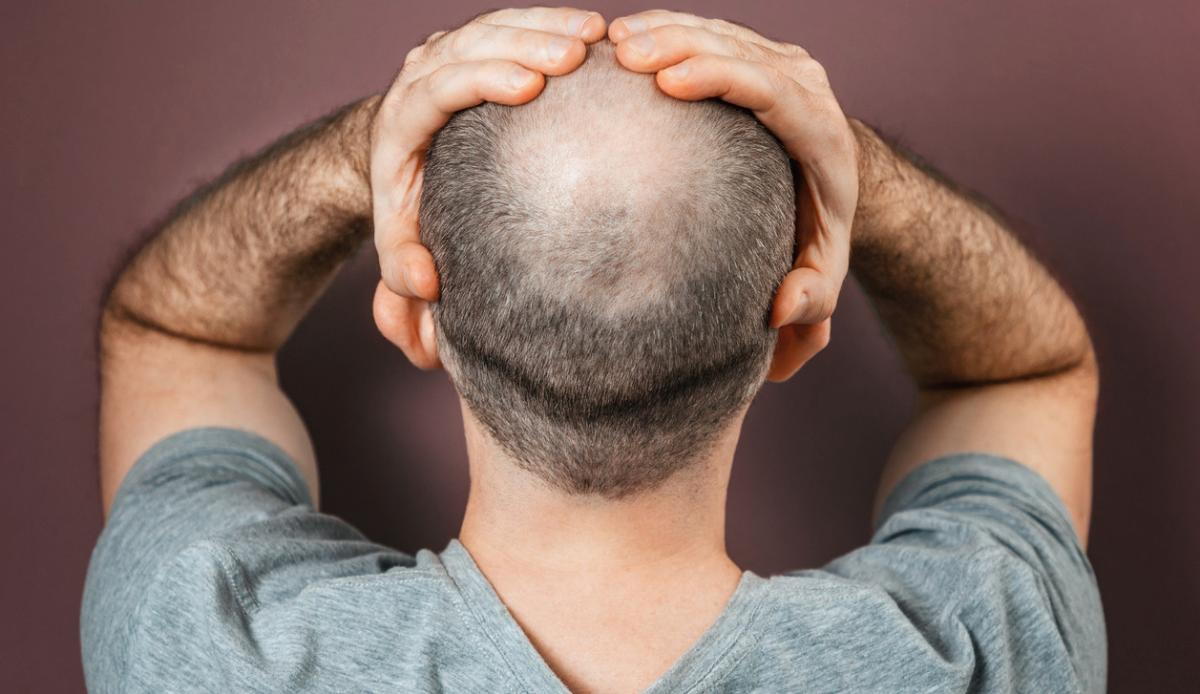
Losing your hair? The common cause that you could be overlooking.
- posted: Dec. 23, 2022
Seeing hair fall out is a fact of life. The average person loses 100 to 200 hairs every day. The difference between the average person and someone who is suffering from hair loss is the difference between shedding and permanent change.
Hair loss can occur for a variety of reasons. Genetics, cancer treatments, thyroid disease, anemia, menopause, stress, and certain supplements and medicines are just some of the factors that can contribute to hair loss in a person's lifetime. Some are more preventable than others, and luckily, modern medicine has advanced well enough to make hair loss treatable. In fact, if you don't treat the hair loss or the underlying cause of it, you'll likely deal with it for the long term.
There is one reason for hair loss that often gets overlooked because it's so common, especially these days. Illness can cause a type of hair loss known as telogen effluvium, which is actually your body responding to excessive stress by shedding at an increased rate. Many people who have contracted COVID-19 have experienced telogen effluvium because of the physical and mental stress it causes. It can also occur after other stressful events, such as childbirth, surgery, job loss, or the death of a loved one.
Telogen refers to the resting or shedding phase of the hair cycle. Hairs remain in the telogen phase for about 100 days, and about 6% to 8% of hair is normally in the telogen phase at one time. When a stressor triggers telogen effluvium, an abnormal amount of hair enters the shedding phase at one time.
What's even more alarming is that people experiencing telogen effluvium may experience sudden hair loss two to three or even six months or more after recovering from their illness. Imagine walking into the shower or waking up one day and realizing that you shed more than 8% of your hair all at once. The shedding may continue for six to nine months too.
Suddenly losing chunks of hair for long periods of time, especially with no previous signs of hair loss, can feasibly cause a person to panic. People with telogen effluvium shouldn't experience any other symptoms, so itchiness or burning likely signal a different condition. Dermatologists can diagnose telogen effluvium and can rule out other reasons for hair loss as well. If a person is diagnosed with telogen effluvium, it's important to be patient and allow the hair to grow back on its own because it should. The intense amount of physical and emotional stress that caused all the hair to go into the telogen phase needs to disappear to allow the hair to regrow.
If you have concerns about hair loss, you can schedule an appointment with at gardensdermatology.com. In addition to being board-certified dermatologists, Michael Borenstein, M.D., Ph.D and Steven D. Shapiro, M.D. have conducted extensive research into hair loss and have even developed a patented shampoo called Shapiro MD to help with hair loss.

